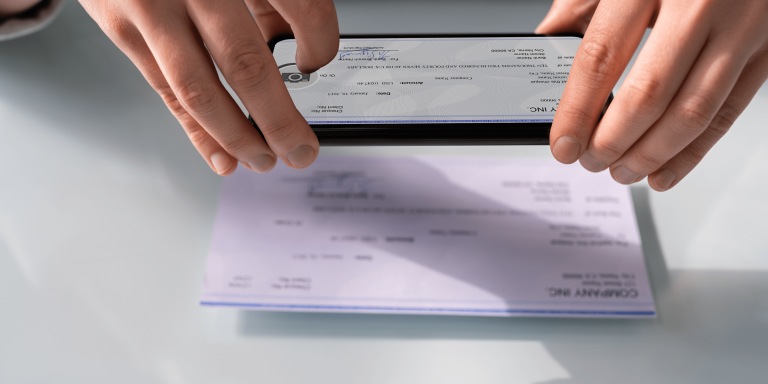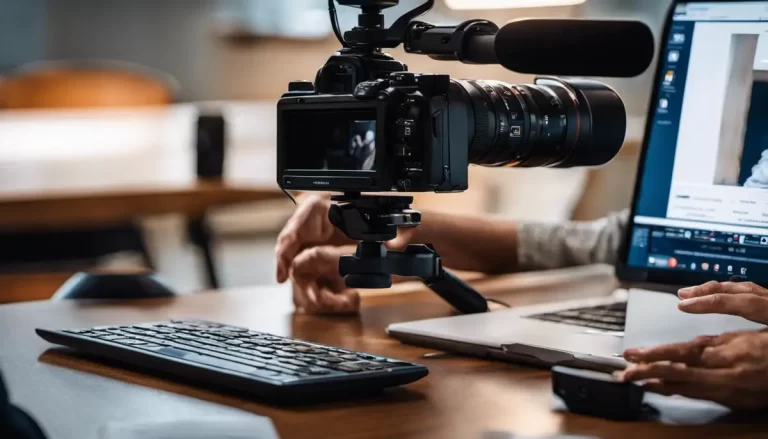Digital court reporting is one industry in which AI is reshaping the nature of work, or is it? What's the future hold?
Before the COVID-19 pandemic, many courts incorporated digital technology and automated transcription services to create faster transcripts to meet increasing demands due to a lack of Connecticut court reporting employees. As a result of the COVID-19 pandemic a year ago, the courts are facing a growing backlog of cases that require technology-enhanced court reporting. The rise of digital court reporting and its impact can be summarized in a few points.
It’s Not New
Despite growing adoption and reporter shortages, digital court technology has been around for more than two decades. The first person with hearing loss to serve on a Los Angeles County Superior Court jury in 1995 was Camille Jones, who used communication access real-time translation (CART) technology. CART was still a relatively new technology at the time, and the equipment was heavy to lug about, but it nonetheless revolutionized Camille’s and others’ experience in court.
Government Technology reported in 1996 that high caseloads and tight budgets were changing the job of government reporters due to audio and video recordings and computer-assisted transcriptions. Although these technologies are still available, they have improved significantly in terms of speed, accuracy, and seamless courtroom integration.
It’s Not Replacing Connecticut Court Reporting Employees
From 2019 to 2029, BLS data predicts that the number of court reporters will increase by 9% from the current level, despite more court systems adopting digital transcription technology. The court reporter will not be replaced by automated technology, but rather will work alongside it, as with many other jobs being augmented by AI. Court reporters will be required to take detailed notes and clarify key elements, including illegible sounds, names, and phrases that are difficult to pronounce or spell, as automated services begin to transcribe proceedings in real time.
Connecticut Court Reporters Are Faster
As a result of artificial intelligence, court reporters can transcribe even faster – up to 30% faster. Given the serious bottlenecks in courts today, that is an impressive increase.
Other States Believe It Too
It wasn’t just that South Carolina stepped up hiring and training when court reporters were in short supply two years ago; it also partnered with a community college so that people could also be trained to report digitally. How did it turn out? We are able to ensure that all scheduled terms of court can proceed and that the record of those proceedings is captured because a substantial number of our court reporters are able to capture the record using more than one method today, Ginny Jones of the South Carolina Court Administration told the Greenville News. It has similarly committed to integrating digital reporting technology with court reporting, paving the way for a future in which human skills can coexist with artificial intelligence.
Digital Court Reporting in CT
In the same way that stenographers filled vital roles in the legal system when they started, Connecticut court reporters will continue to do so in the future. Connecticut court reporters will be able to do their jobs more accurately, efficiently, and efficiently by using the latest technology, as is happening in countless other fields as well.
If you’re looking for Connecticut court reporters, contact us!











